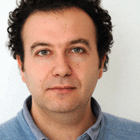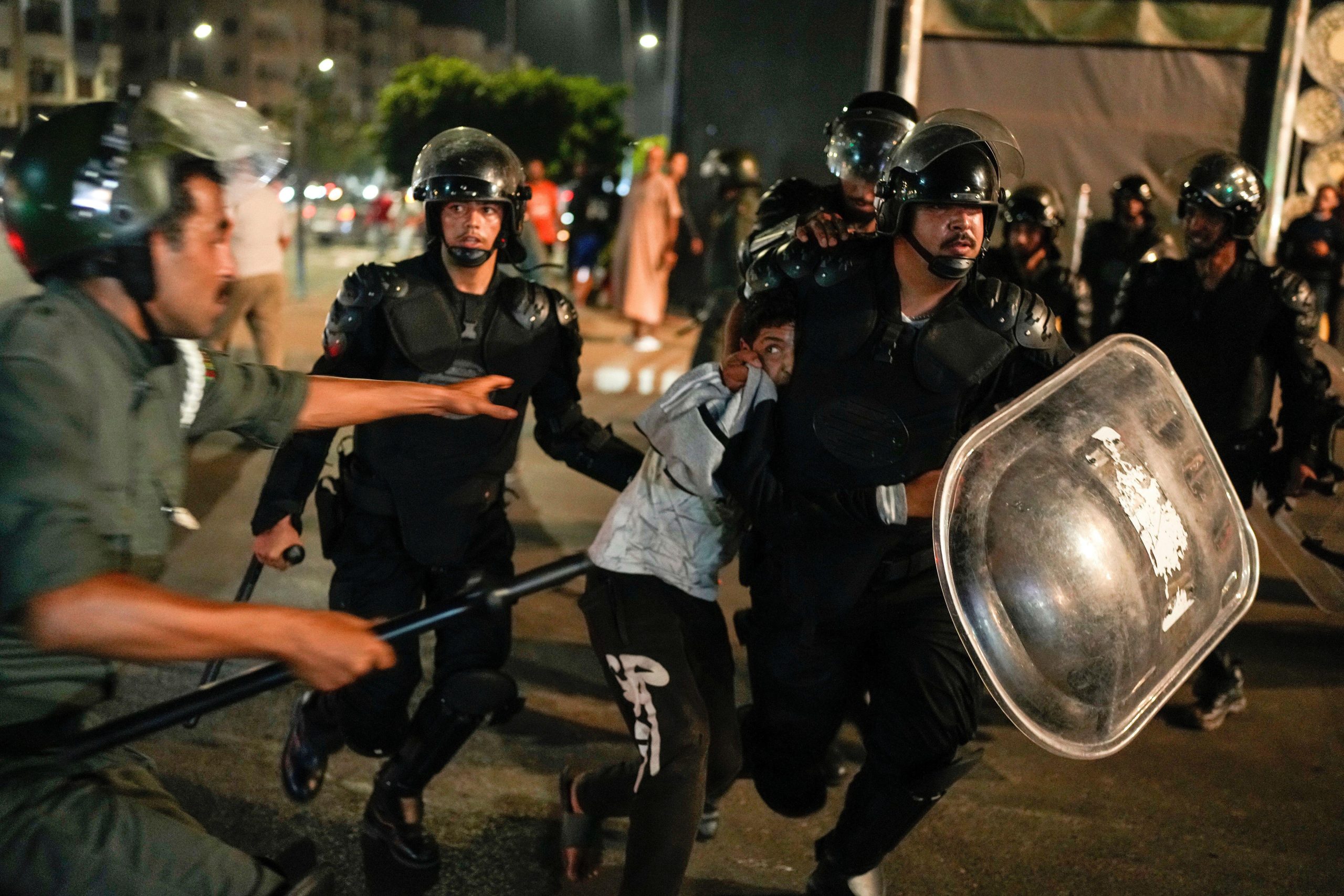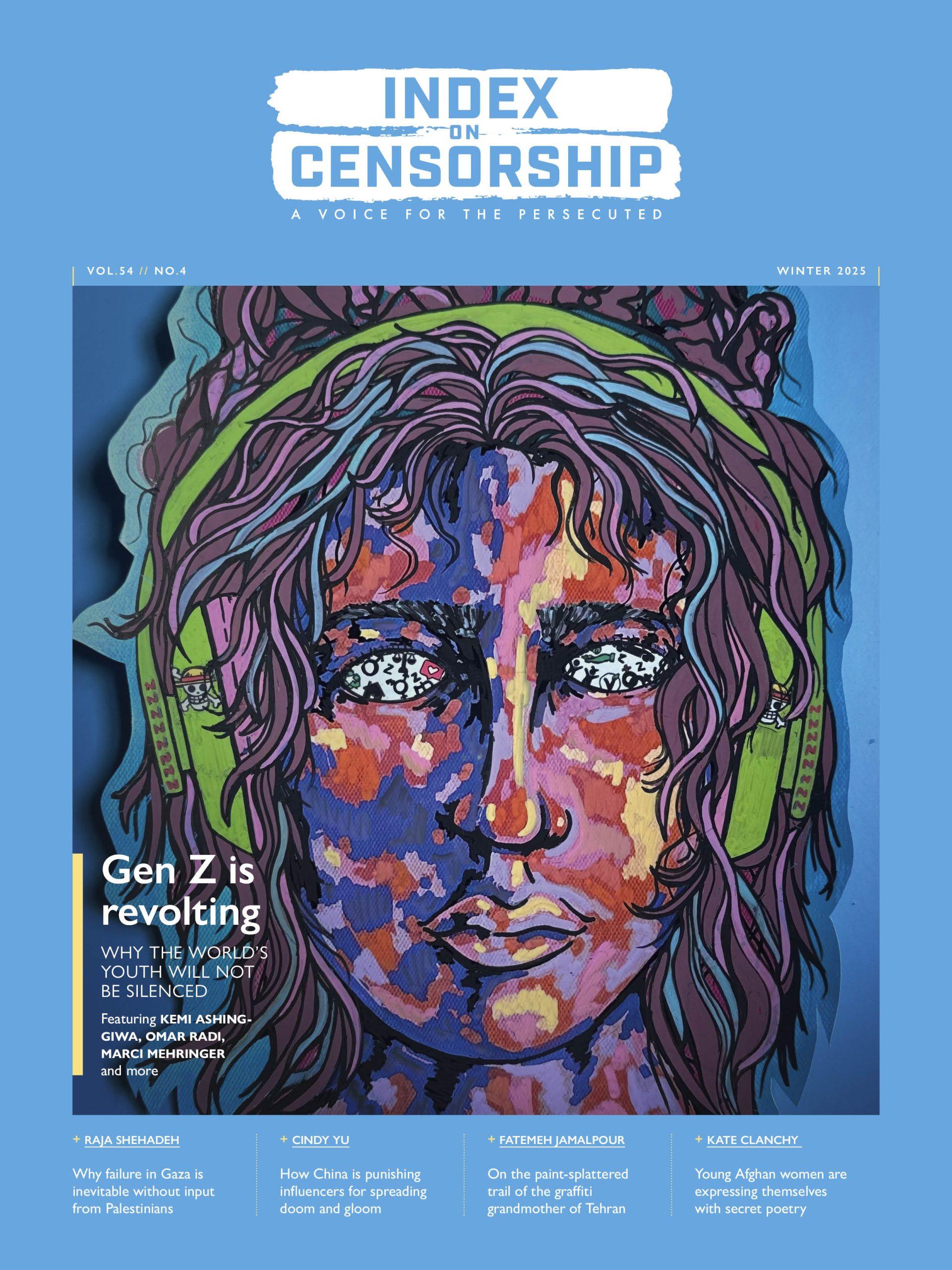Lebanon’s reputation for a free press is well-deserved but somewhat paradoxical. The relative freedoms enjoyed by journalists in Lebanon are often a result of the lax enforcement of its outdated and vague press laws rather than a desire to uphold its constitutional values. In recent years, the online media sector has flourished partially due to such administrative oversights, benefitting from a lack of official monitoring of internet publications to challenge the boundaries of established journalism. But this situation now seems set to change as the country’s media licensing board declared an initiative to regulate the online media sector. Given this outfit’s history, such regulation brings with it the serious prospect of increased censorship.
The licensing board, known as the National Audiovisual Media Council, recently announced a requirement for all news websites to register with it prior to the passing of a new law to regulate online publications. In a subsequent interview with NOW Lebanon, the head of the council, Abdel-Hadi Mahfouz, confirmed that blogs are also to be included in this decision, at the risk of facing a ban. He added that “online news sites should write a code of ethics to follow and contribute to drafting a new media law.”
These decisions have been met with criticism from Lebanese journalists and bloggers, with many anticipating increased censorship and tighter restrictions on freedom of expression. Several of them saw a link between this unexpected move to control the internet and the role that online media is playing in the Arab uprisings. Activists in Lebanon have been vocal in their support for the uprising in Syria, using the internet to broadcast their criticism of the Syrian government. The current administration in Lebanon has no doubt been embarrassed by such criticisms of one of its closest regional allies.
Whether there is a direct link between the situation in Syria and the council’s plans remains to be seen. But given that the council had announced the new measures simultaneously with a “warning message” it addressed to television stations for “persistent violations” of Lebanon’s laws and “public morals”, there’s grounds to suspect it’s clearly in a censorious mood. While some of those “persistent violations” are political in nature, for example a talk show during which one of the guests criticised the Syrian President Bashar al-Assad, several others are of a social nature.
To put this latter category in context, it’s worth understanding the role that the NAMC has been increasingly playing as a semi-official conduit for complaints between civil society groups and broadcasters. The council was founded as an advisory board to help the government implement the 1994 Audiovisual Media Law which regulated television and radio broadcasting licenses. The council’s mandate effectively ended a few years ago but it was never disbanded and has since morphed into a media watchdog. It does not however have a mandate to play this role nor a clear set of laws to implement. Nevertheless, it has become the default body to receive broadcasting complaints, particularly in cases of “public morals” and religious sensitivities.
But such categories are very broadly defined. A sample of the latest “violations” that the council listed includes a talk show deemed as “violating Lebanese morals and values” because of its racy language and another in which a woman discussed her husband’s “eccentric sexual practices.” In such instances, it is clear that the council is behaving as an arbiter of public taste and attempting to mediate between broadcasters pushing the boundaries of television production and groups and institutions keen to protect what they perceive as public morality. There is no doubt that this role is that of semi-official censor concerned with preventing offence and deciding what is publicly acceptable speech.
The worrying prospect for Lebanon’s online sector is the expansion of the council’s remit to include websites and blogs and introducing its brand of “protective” censorship. While political censorship is a serious possibility, the prescription of acceptable speech boundaries and preventing offence are also detrimental to freedom of expression. Given that Lebanon’s publication laws can already be applied in cases of libel and defamation when online media is concerned, regulation by the NAMC will introduce a more insidious form of “soft” censorship that goes beyond the prescriptions of the law.
In fact, the idea of a code of ethics is an invitation for self-censorship that fits with this soft approach. There is a worrying tendency among the editors of some of the news websites to accept this approach, perhaps as an alternative to state censorship. This however represents a retreat from the principled conviction in the freedom of speech and its inherent value. The rich and dynamic online landscape in Lebanon is proof of this, it should not be tamed.
Karl Sharro is an architect and writer based in London. He blogs at Karl reMarks.





